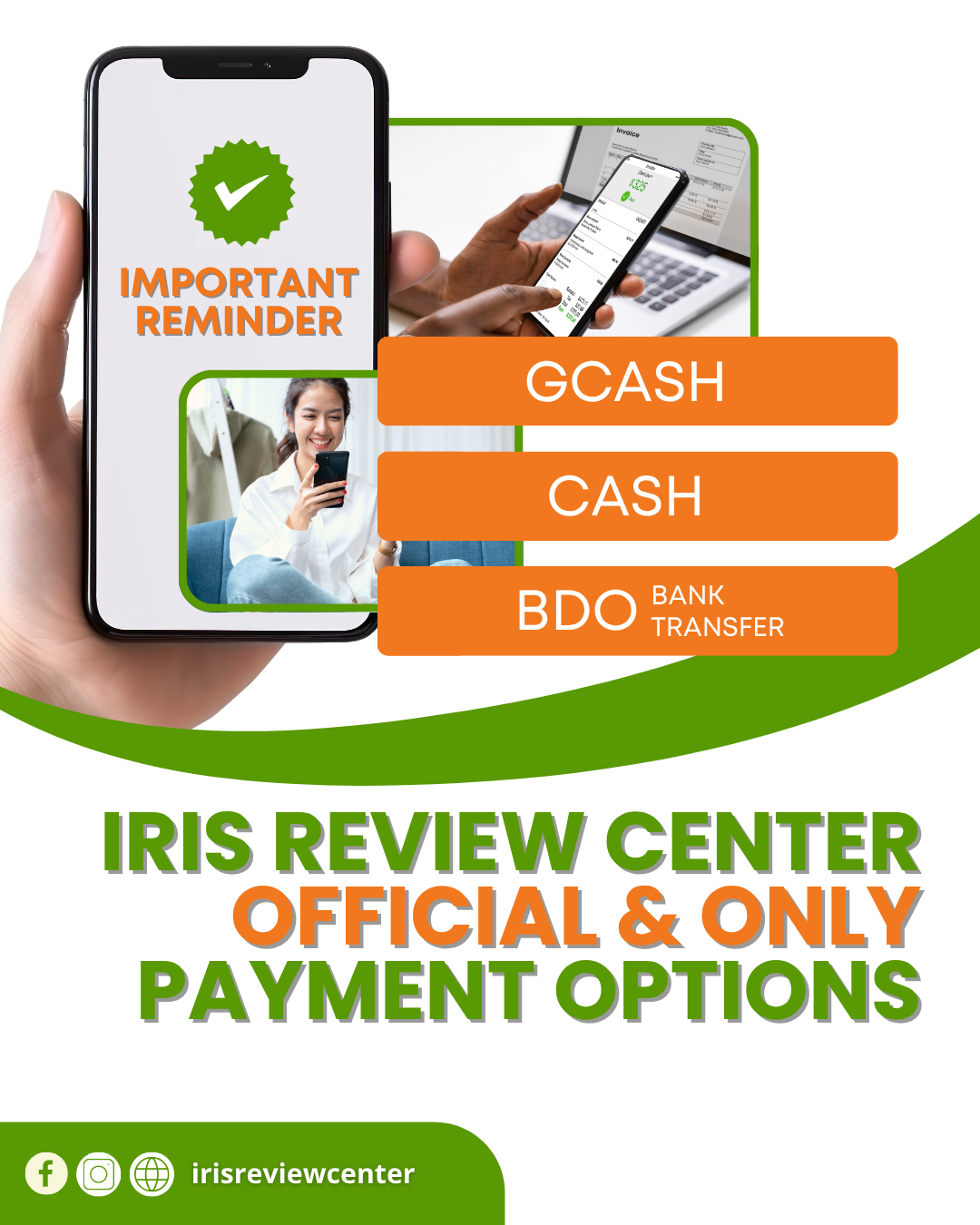Unlock Your Study Abroad Dreams: The Ultimate TOEFL iBT Prep Guide
Dreaming of studying at a top English-speaking university? The TOEFL iBT (Test of English as a Foreign Language internet-based test) is a crucial step in making that dream a reality. This comprehensive guide will equip you with the knowledge and strategies you need to conquer the TOEFL, achieve a high score, and open doors to global academic opportunities.
What is the TOEFL iBT and Why Does it Matter?
The TOEFL iBT is a standardized test widely accepted by universities and institutions worldwide to assess the English language proficiency of non-native speakers. It evaluates your ability to understand and use English in an academic setting, covering four key skills: Reading, Listening, Speaking, and Writing.
A strong TOEFL score demonstrates your readiness for university-level coursework conducted in English, making you a competitive applicant and paving the way for your academic success abroad.
Key Benefits of Preparing Thoroughly for the TOEFL:
- Increased University Acceptance Rates: A good score meets the English language requirements of your target universities.
- Enhanced Academic Performance: Strong English skills will help you understand lectures, participate in discussions, and complete assignments effectively.
- Improved Confidence: Knowing you’ve mastered the necessary language skills will boost your confidence as you embark on your study abroad journey.
Decoding the TOEFL iBT: Understanding the Sections
The TOEFL iBT is a two-hour online test (allocate approximately 2.5 hours including check-in) that assesses the following sections:
- TOEFL Reading (Approx. 35 minutes): You’ll analyze two academic passages (around 700 words each) and answer 10 questions per passage. Test your ability to grasp main ideas, details, inferences, vocabulary in context, and rhetorical purposes.
- TOEFL Listening (Approx. 36 minutes): Evaluate your comprehension of spoken English through three lectures (with potential classroom discussions) and two conversations. Answer six questions per lecture and five per conversation, focusing on main ideas, supporting details, speaker attitude, inferences, and organization.
- TOEFL Speaking (Approx. 16 minutes): Demonstrate your ability to communicate effectively in English through four tasks: one independent task on a familiar topic and three integrated tasks combining listening (and sometimes reading) with speaking. You’ll have 15-30 seconds to prepare and 45-60 seconds to respond for each. Your responses are judged on clarity, coherence, pronunciation, grammar, and vocabulary.
- TOEFL Writing (Approx. 29 minutes): Assess your written communication skills with two tasks: an integrated writing task summarizing the relationship between a reading passage and a lecture, and an independent writing task expressing and supporting your opinion on a given topic. Your writing is evaluated based on organization, idea development, examples, vocabulary, grammar, and mechanics.
Each section is scored out of 30, resulting in a total TOEFL score out of 120. While there isn’t a universal “passing” score, aim for the score required by your target universities (often 90 or above for competitive programs). Remember, TOEFL scores are valid for two years from your test date.
Your Roadmap to TOEFL Success: Effective Study Strategies
Achieving your desired TOEFL score requires a strategic and dedicated approach. Implement these powerful study strategies:
- Know Your Starting Point: Take a Diagnostic Test. Begin your preparation by taking a full-length TOEFL practice test. This crucial step will highlight your strengths and weaknesses in each section, allowing you to tailor your study plan effectively. Numerous free and paid practice tests are available online and in reputable TOEFL study guides.
- Craft Your Winning Study Plan. Develop a realistic and detailed study schedule, allocating specific time slots for each section. Consistency is key! Aim for regular study sessions, even if they are shorter each day. Consider the Pomodoro Technique (focused work intervals with short breaks) to maximize productivity.
- Build a Powerful Vocabulary Arsenal. A strong vocabulary is fundamental for success in all TOEFL sections. Focus on learning academic vocabulary using resources like the Academic Word List (AWL). Utilize flashcards, vocabulary apps with spaced repetition, and maintain a vocabulary journal with definitions and example sentences. Immerse yourself in academic articles, journals, and essays to see these words in context.
- Master Academic Reading Comprehension. Practice reading a variety of academic texts on diverse subjects to familiarize yourself with different writing styles and topics. Hone your skills in skimming and scanning for key information, understanding complex sentence structures, and making inferences. Analyze different TOEFL reading question types and develop effective strategies to tackle them.
- Sharpen Your Listening Skills for Academic Environments. Immerse yourself in various English audio materials, including lectures, podcasts, news broadcasts, and conversations with native speakers. Practice taking effective notes, focusing on main ideas, supporting details, and speaker attitude. Familiarize yourself with different English accents (North American, British, Australian, etc.).
- Speak with Confidence and Clarity. Regularly practice speaking English. Record yourself responding to different prompts and analyze your clarity, fluency, pronunciation, and grammar. Practice summarizing news articles or academic content orally. Specifically practice the different TOEFL speaking task types, paying close attention to time management. Seek feedback from teachers or language partners whenever possible.
- Write Coherently and Persuasively. Practice both integrated and independent writing tasks. For integrated writing, focus on summarizing information from reading and listening passages and clearly demonstrating the relationship between them. For independent writing, practice expressing and supporting your opinions with well-organized arguments and specific examples. Review model essays and focus on improving your grammar, vocabulary, sentence structure, and overall coherence.
- Simulate the Real Test: Take Full-Length Practice Tests. Regularly take full-length TOEFL practice tests under timed conditions to simulate the actual testing environment. This will help you get accustomed to the format, improve your time management skills, and build test-taking stamina. After each practice test, meticulously review your answers, identify your mistakes, and understand the reasoning behind the correct answers.
- Leverage Quality TOEFL Prep Resources. Invest in reputable TOEFL preparation materials, such as official ETS guides, well-regarded study books (e.g., Barron’s, Kaplan, Cambridge), and effective online courses (e.g., Magoosh, Kaplan, edX). Explore free resources like practice tests and sample questions available on the official ETS website and other educational platforms.
- Target Your Weaknesses Strategically. Based on your practice test results and self-assessment, dedicate more study time to the sections and question types you find most challenging. However, don’t neglect your strengths – continue to practice them to maintain your proficiency across all areas.
- Master Effective Note-Taking Techniques. Develop efficient note-taking strategies specifically for the listening and integrated writing sections. Utilize abbreviations, symbols, and keywords to capture essential information quickly and accurately. Practice organizing your notes logically to help you answer questions and structure your written responses effectively.
- Time Management is Your Ally. During practice sessions and the actual test, be acutely aware of the time limits for each section and task. Develop effective time management strategies to ensure you can complete all questions and tasks within the allotted time. Avoid dwelling on any single question for too long.
- Stay Positive, Stay Motivated. Preparing for the TOEFL can be a demanding process, so it’s crucial to stay motivated and maintain a positive mindset. Celebrate your progress and don’t get discouraged by setbacks. Believe in your ability to improve and achieve your target score!
Ready to Unlock Your TOEFL Potential?
By understanding the TOEFL iBT format, implementing these effective study strategies, and dedicating consistent effort, you are well on your way to unlocking your full TOEFL potential and achieving the score you need to pursue your study abroad dreams. Start your preparation today and take that crucial step towards your global academic future!
#TOEFL #TOEFLiBT #StudyAbroad #InternationalStudents #EnglishLanguageTest #UniversityAdmissions #TestPreparation #StudyTips #LanguageLearning #GlobalEducation
- Beyond the Basics: Mastering the Nuances of English Grammar
- Staying Motivated on Your OET Journey: Overcoming Challenges and Achieving Your Goals
- Writing Success in the OET: Essential Techniques and Templates
- Free OET Practice Resources: Sharpen Your Skills Before the Test
- Providing Effective Feedback to Improve Students’ TOEFL Scores


